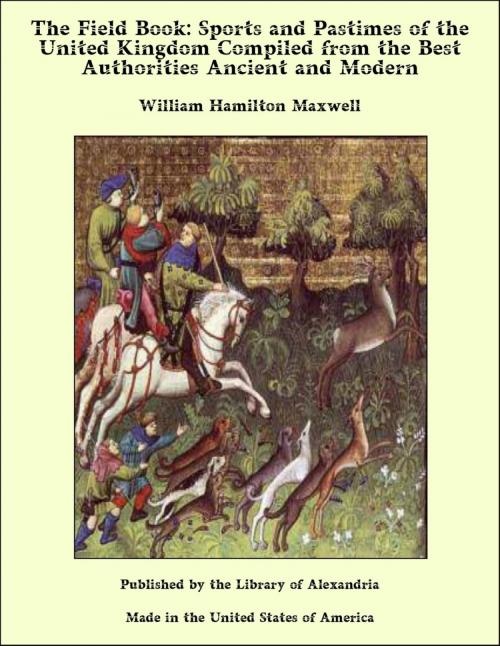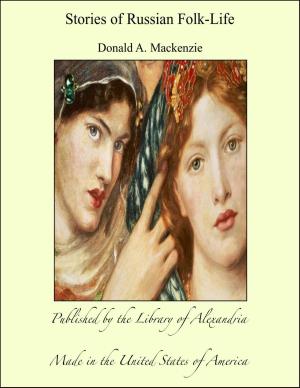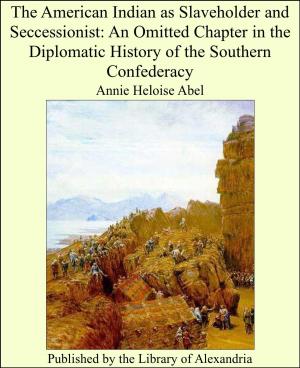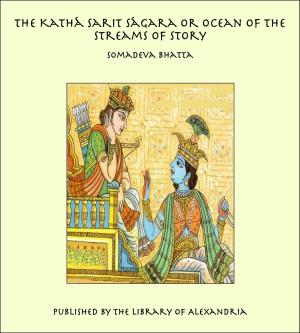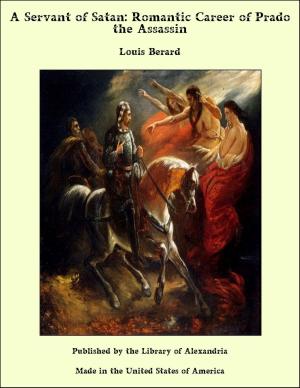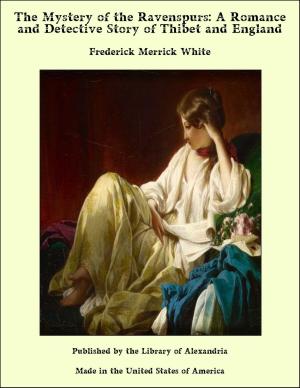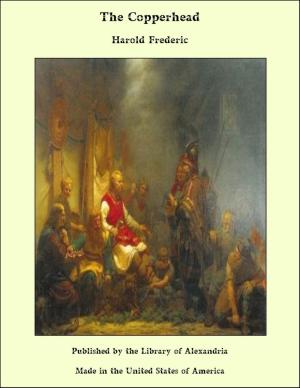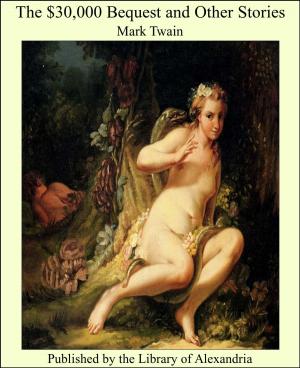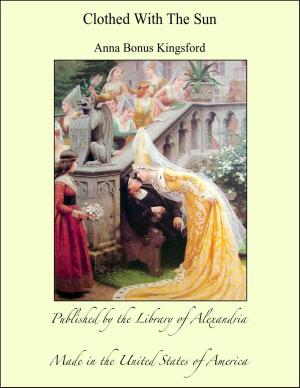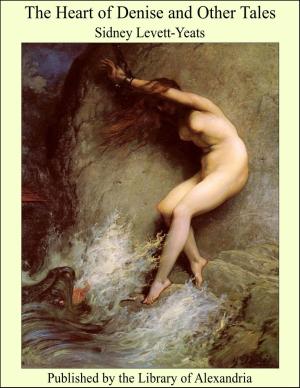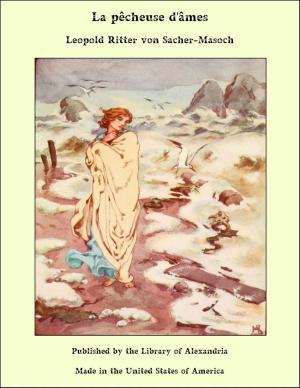The Field Book: Sports and Pastimes of the United Kingdom Compiled from the Best Authorities Ancient and Modern
Nonfiction, Religion & Spirituality, New Age, History, Fiction & Literature| Author: | William Hamilton Maxwell | ISBN: | 9781465612281 |
| Publisher: | Library of Alexandria | Publication: | March 8, 2015 |
| Imprint: | Language: | English |
| Author: | William Hamilton Maxwell |
| ISBN: | 9781465612281 |
| Publisher: | Library of Alexandria |
| Publication: | March 8, 2015 |
| Imprint: | |
| Language: | English |
An enthusiastic admirer of rural sports from boyhood, the Compiler sought with avidity after any book connected with his favourite recreations, from which either amusement or information might be obtained. The older authors, with the exception of a few pages of quaint and curious anecdote, were generally formed of barbarous theories, whose absurdities had long since caused them to be disregarded. The more modern, whether confined to a particular subject, or professing to be repertories of British Sports, were too frequently overloaded with hackneyed and unimportant matter, and merely reprints of treatises for years before the public, and differing from their predecessors in nothing but the name. But had there been nothing objectionable in the execution of sporting works, as they appeared during the last century, the total change in everything connected with the British field, would render them now of little value, but to point a contrast between the past and present systems. Without reverting to the times when jockeys rode in tie-wigs, and men would not venture to a trout-stream unless furnished with a velvet cap; when country gentlemen deserted their ladye-loves ere cock-crow, to see the sun rise above a fox-cover; when no pond-fish could resist a bait prepared with a dead-man’s finger; and a sucking-mastiff, stuffed with snails and judiciously roasted, was a sovereign remedy for a shoulder-slip;—without reverting to these times, what changes have not occurred within our own recollections? The mystic arcana of old professors have vanished before practical and scientific improvement, and the Sporting World has undergone a total revolution, and produced a new order of men and things. While, however, expressing these convictions, the Compiler would not undervalue many of the useful and intelligent writers and collectors who have preceded him. With allowances for their times, and the false theories then received, which modern science has exploded, where will more information be found than in the “Rural Sports,” “Thoughts on Hunting,” “Essay on Sporting,” and other contemporaneous works? It is of the copyists of these writers that the Compiler would complain, who, adopting everything, good and bad, from these originals, without a single addition of their own, have dosed the public ad nauseam, re-vending the same wares again and again, without even the redeeming grace of acknowledging the sources of their spoliations.
An enthusiastic admirer of rural sports from boyhood, the Compiler sought with avidity after any book connected with his favourite recreations, from which either amusement or information might be obtained. The older authors, with the exception of a few pages of quaint and curious anecdote, were generally formed of barbarous theories, whose absurdities had long since caused them to be disregarded. The more modern, whether confined to a particular subject, or professing to be repertories of British Sports, were too frequently overloaded with hackneyed and unimportant matter, and merely reprints of treatises for years before the public, and differing from their predecessors in nothing but the name. But had there been nothing objectionable in the execution of sporting works, as they appeared during the last century, the total change in everything connected with the British field, would render them now of little value, but to point a contrast between the past and present systems. Without reverting to the times when jockeys rode in tie-wigs, and men would not venture to a trout-stream unless furnished with a velvet cap; when country gentlemen deserted their ladye-loves ere cock-crow, to see the sun rise above a fox-cover; when no pond-fish could resist a bait prepared with a dead-man’s finger; and a sucking-mastiff, stuffed with snails and judiciously roasted, was a sovereign remedy for a shoulder-slip;—without reverting to these times, what changes have not occurred within our own recollections? The mystic arcana of old professors have vanished before practical and scientific improvement, and the Sporting World has undergone a total revolution, and produced a new order of men and things. While, however, expressing these convictions, the Compiler would not undervalue many of the useful and intelligent writers and collectors who have preceded him. With allowances for their times, and the false theories then received, which modern science has exploded, where will more information be found than in the “Rural Sports,” “Thoughts on Hunting,” “Essay on Sporting,” and other contemporaneous works? It is of the copyists of these writers that the Compiler would complain, who, adopting everything, good and bad, from these originals, without a single addition of their own, have dosed the public ad nauseam, re-vending the same wares again and again, without even the redeeming grace of acknowledging the sources of their spoliations.
